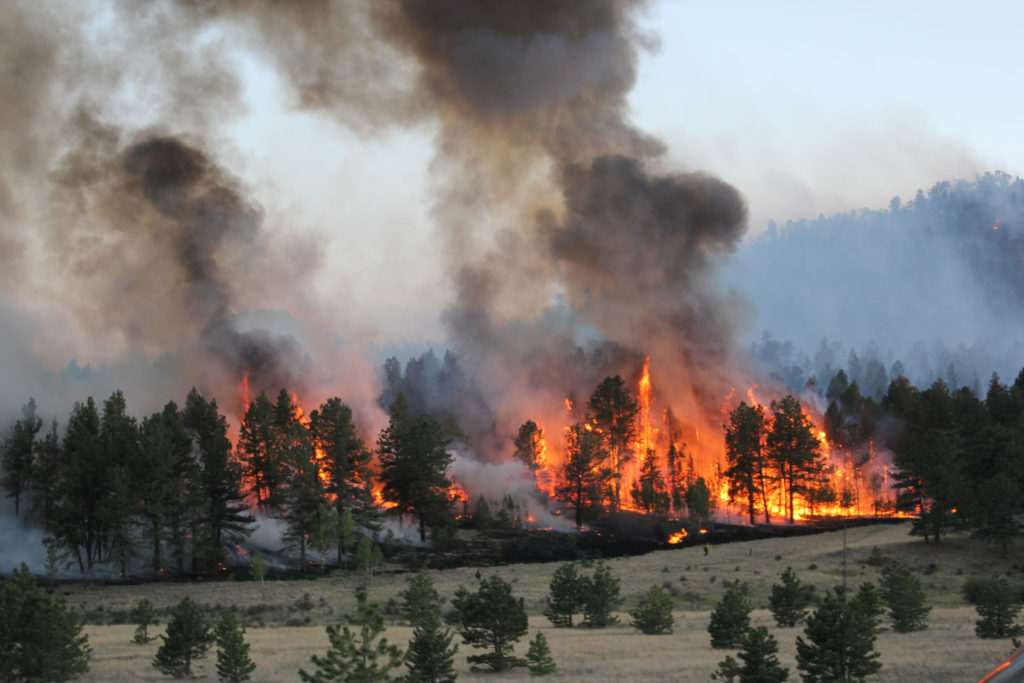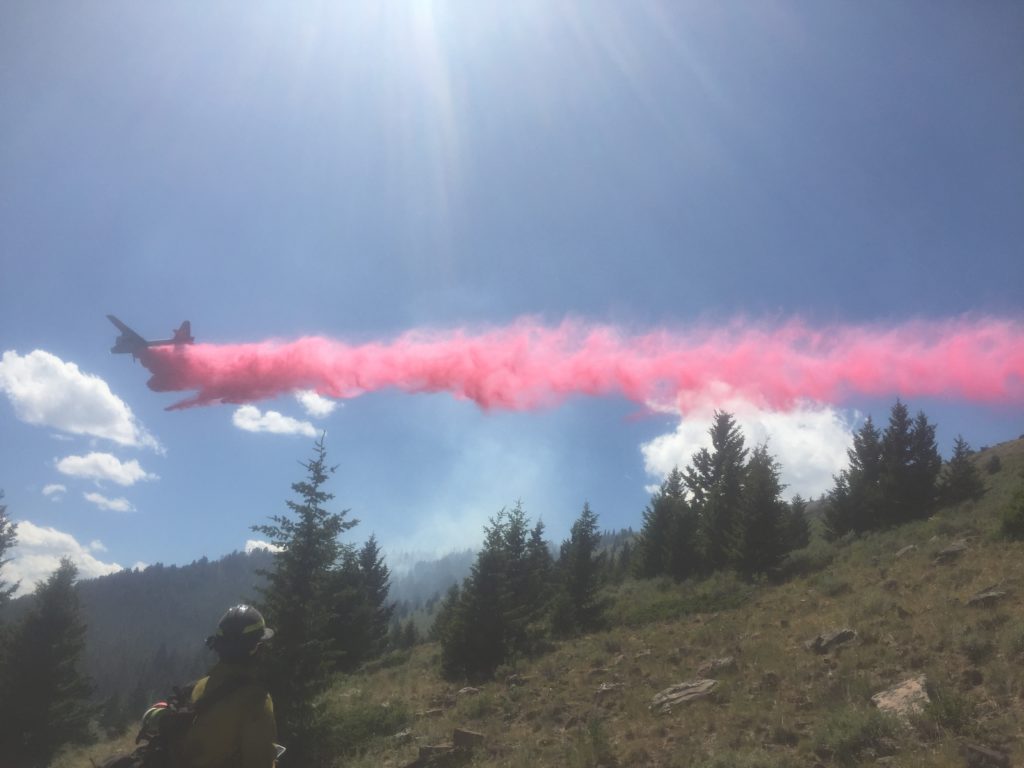Fire response during the Covid-19 Pandemic
 Written by Sam Berry.
Written by Sam Berry.
First responders from every jurisdiction are making plans for how to fight wildfires while keeping firefighters safe and healthy this year during the Covid-19 pandemic. At the highest level the National Interagency Fire Center has convened three regional Area Command teams to develop plans and direction for fire response. In the Southwest, where fire season has already begun, agencies have had to adjust their firefighting tactics. While there are changes in store for all agencies, the local firefighters at volunteer, city, and county fire departments, that we rely on for most fire suppression near homes, may be the most impacted. They are typically all-hazard organizations that also respond to frontline medical incidents, and the Covid-19 crisis is likely having an outsized impact on them.
Most importantly in all of this is, while we can expect our first responders to do everything they can to suppress wildfires, it’s even more important than normal for all of us to do what we can to set them up for success. We can assist firefighters by preparing our homes and our families for wildfire and preventing human-caused ignitions.
- Resources for wildfire preparation
- More on the Guild’s work to promote fire adapted communities
- Reducing human ignitions

The pandemic will also have some direct impacts on forest management. While many practices are ongoing in some fashion, this spring many, including the Forest Stewards Guild, have suspended most prescribed burn operations. This is to limit the smoke impacts on communities and individuals that may be suffering from the respiratory impacts of Covid-19, as well as promoting social distancing for firefighters. This loss of burn opportunities will set many agencies back in the forest treatment and fuel mitigation work they had planned for this year, but it was a necessary decision.
Additionally, this spring some agencies have issued preliminary guidance to suppress all fires while they are small, where in past years there has been some discretion to manage wildfires and let them grow in a natural way where and when appropriate (see the letter from the USFS Chief). There is speculation that fires that do escape control may be managed by point protection. This means most time and energy is put into in protecting values such as homes while the rest of the fire that is in the backcountry is managed more minimally as staffing and social distancing allows.
While it is yet to be seen how fire suppression will play out this year, this is a dynamic issue that will continue to develop and has already changed the way the Forest Stewards Guild is working. Right now, we are amplifying messaging about fire preparedness to support first responders, and we are shifting our prescribed fire resources to planning for the fall when we hope to be supporting good fire throughout the country again.
On the Guild’s new Wildfire Resilience and Covid-19 webpage, we list several news articles and resources about how firefighters and agencies are preparing.
